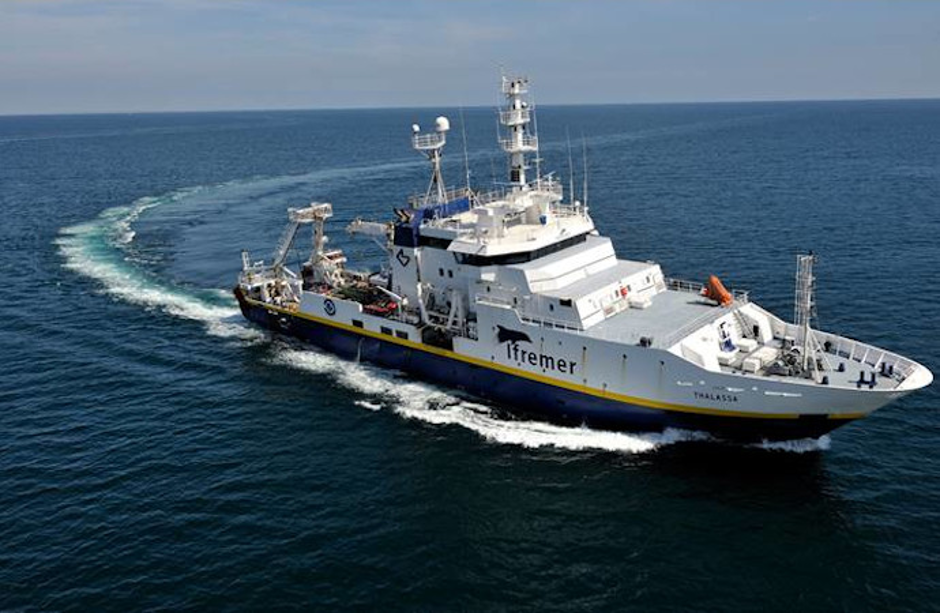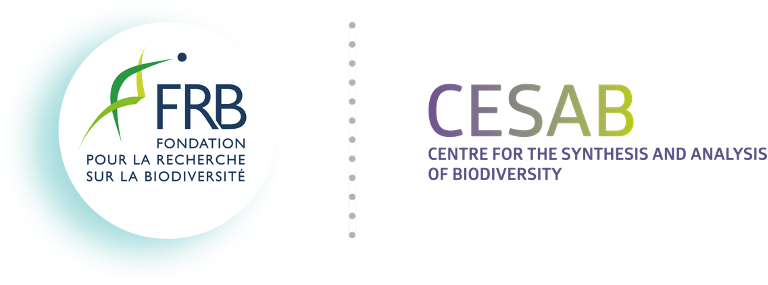MAESTRO
Climate change effects on exploited marine communities
The oceans constitute a vital component of our planet, contributing to over 60% of monetized ecosystem services. Among these services, humankind critically relies on marine resources, such as fish and benthic invertebrates, for sustenance and economic stability. Nevertheless, the persistent pressures of fishing activities and the effects of climate change are profoundly altering the global distribution and abundance of marine species. This situation emphasizes the urgent need for us to enhance our understanding of ocean ecosystem services, predict the future of marine resources more accurately, and formulate adaptive strategies to mitigate these challenges.
While various studies have generated projections of future species distributions in response to these environmental shifts, the expected alterations of trait structure within communities (i.e. the functional characteristics of species) have received far less attention. More precisely, we lack integrated models and scenarios to better predict and anticipate the mixed impacts of climate change and fishing pressure on the types of diversity in marine communities that ultimately determine their functioning. To safeguard the future of marine resources and ensure the continued provision of ecosystem services, it is imperative that we prioritize research and modeling efforts aimed at comprehensively understanding the changing trait structures in marine community.
By taking advantage of available data on long-term fish and invertebrate surveys, species traits, fisheries and the environment, the main goals of the MAESTRO project are thus
- to characterize and assess the effects of climate and fishing on the functional diversity of exploited communities during the last three decades in the Northeast Atlantic and Mediterranean Sea,
- to forecast how exploited communities will respond to the upcoming warming until the end of this century, and
- to investigate, for several climate change scenarios, alternative harvesting strategies targeting different species and trait groups in order to minimize the impacts of fishing on functional diversity.
PIs: Camille ALBOUY – ETHZ (Switzerland); Arnaud AUBER – IFREMER (France)
Postdoc: Aurore RECEVEUR – FRB-CESAB (France)
Participants: Pascal Laffargue/ Matthew McLean/ David Mouillot/ Fabien Leprieur/ Nancy Shackell/ Rita Vasconcelos/ Marta Rufino/ Kari Ellingsen/ Gert Van Hoey/ Grete Dinesen/ David Keith/ Kathy Mills/ Kristin Kleisner/ Martin Marzloff
Project: MAESTRO was selected from the external page 2020 joint call for proposals with France Filière Pêche. The project selection process was carried out by a external page committee of independent experts.
Published papers:
- Auber A., Waldock C., Maire A., Goberville E., Albouy C., Algar A.C., McLean M., Brind’Amour A., Green A.L., Tupper M., Vigliola L., Kaschner K., Kesner-Reyes K., Beger M., Tjiputra J., Toussaint A., Violle C., Mouquet N., Thuiller W., Mouillot D., 2022. A functional vulnerability framework for biodiversity conservation. Nature Communications 13, 4774. external page https://doi.org/10.1038/s41467-022-32331-y.
- Eme D., Rufino M., Trenkel V.M., Vermard Y., Laffargue P., Petitgas P., Pellissier Loïc, Albouy C., 2022. Contrasted spatio-temporal changes in the demersal fish assemblages and the dominance of the environment vs fishing pressure, in the Bay of Biscay and Celtic Sea Progress in Oceanography, 102788. external page https://doi.org/10.1016/j.pocean.2022.102788
- McLean M., Mouillot D., Maureaud A., Hattab T., MacNeil A., Goberville E., Lindegren M., Engelhard G., Pinsky M., Auber A., 2021. Disentangling tropicalization and deborealization in marine ecosystems under climate change. Current Biology 31: 1-7. external page https://doi.org/10.1016/j.cub.2021.08.034
Communication: external page A new method to assess ecosystem vulnerability and protect biodiversity (2022)

